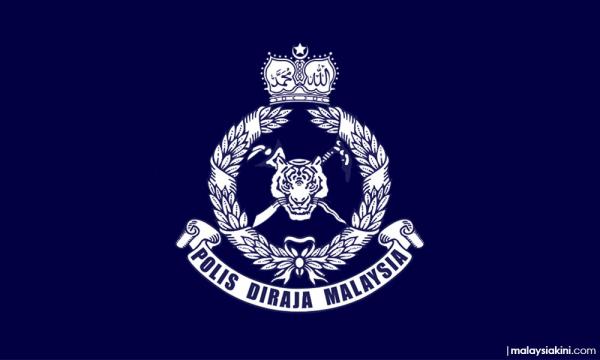LETTER | The recent allegations by K Sudhagaran Stanley in his article, My ordeal in our criminal justice system following a report lodged against him for a Facebook article allegedly written by him titled, "Are we turning into a police state during the MCO period?" is once again a strong reminder why we do need to establish an oversight mechanism for the police.
His description of his arrest – around ten officers arrived at his home at 10pm, being told to strip in front of the lock-up officer, the deplorable and foul conditions of the cell, no pillow nor blanket, toilet flush not working, no pail nor hose available, no soap, no flow of drinking water - should make us question the living conditions in a lockup and the treatment of detainees. In his own words, Stanley says “My dignity was robbed from me.”
Stanley, however, does emphasise in his article that, “[…] all the police officers involved in this episode acted professionally and were polite in their conversations with me. They even permitted my request for a separate individual cell so as to not mix me with other detainees. What is wrong is the system, and that we must address and change it.”
Stanley raises the same concerns as highlighted in the 2005 report of The Royal Commission to Enhance the Operation and Management of the Royal Malaysia Police about the need to address the treatment of detainees in lockups. The report urges authorities not to subject detainees to inhumane and degrading treatment, with specific recommendations in Chapter 10, “Making Police Comply With Prescribed Laws and Human Rights Obligations”.
The report had recommended the following:
- Every police station shall have an independent Custody Officer who shall be responsible for the welfare and custody of every detainee. The proposed roles, duties and responsibilities of the Custody Officer include:
- Advising the detainee of his rights to communicate with his family, his right to counsel and his right to bail, where applicable;
- Advising the detainee of his right to be medically examined, then or subsequently;
- Providing the detainee with a notice of his rights in writing;
- Facilitating the detainee’s communication with his family, lawyer or any person taking an interest in the detainee's welfare;
- Supervising the welfare of every detainee and to ensure that detainee in need of medical attention are offered the necessary services;
- Facilitating the detainee's continued taking of prescribed medication;
- Ensuring that every detainee has sufficient food and water, bedding and clothing;
- Recording the particulars of all persons who come into contact with the detainee.
Proham understands that the Inspector-General of Police’s Standing Order (IGSO) may have already adopted the above protocols, however, compliance may be the issue here. This is why an oversight body such as an Independent Police Commission is crucial to ensure that police officers comply with the IGSOs in order to root out negligent practices.
Equally important will be budget allocations to improve lockups and cells. Police officers cannot be held responsible if lockup facilities are in a state of disrepair or if they do not have a supply of blankets and pillows.
Police reform is needed at many different levels and it is Proham’s hope that the ruling government of the day addresses these issues.
The writers are a member and secretary-general of the Society for the Promotion of Human Rights (Proham) respectively.
The views expressed here are those of the author/contributor and do not necessarily represent the views of Malaysiakini.


